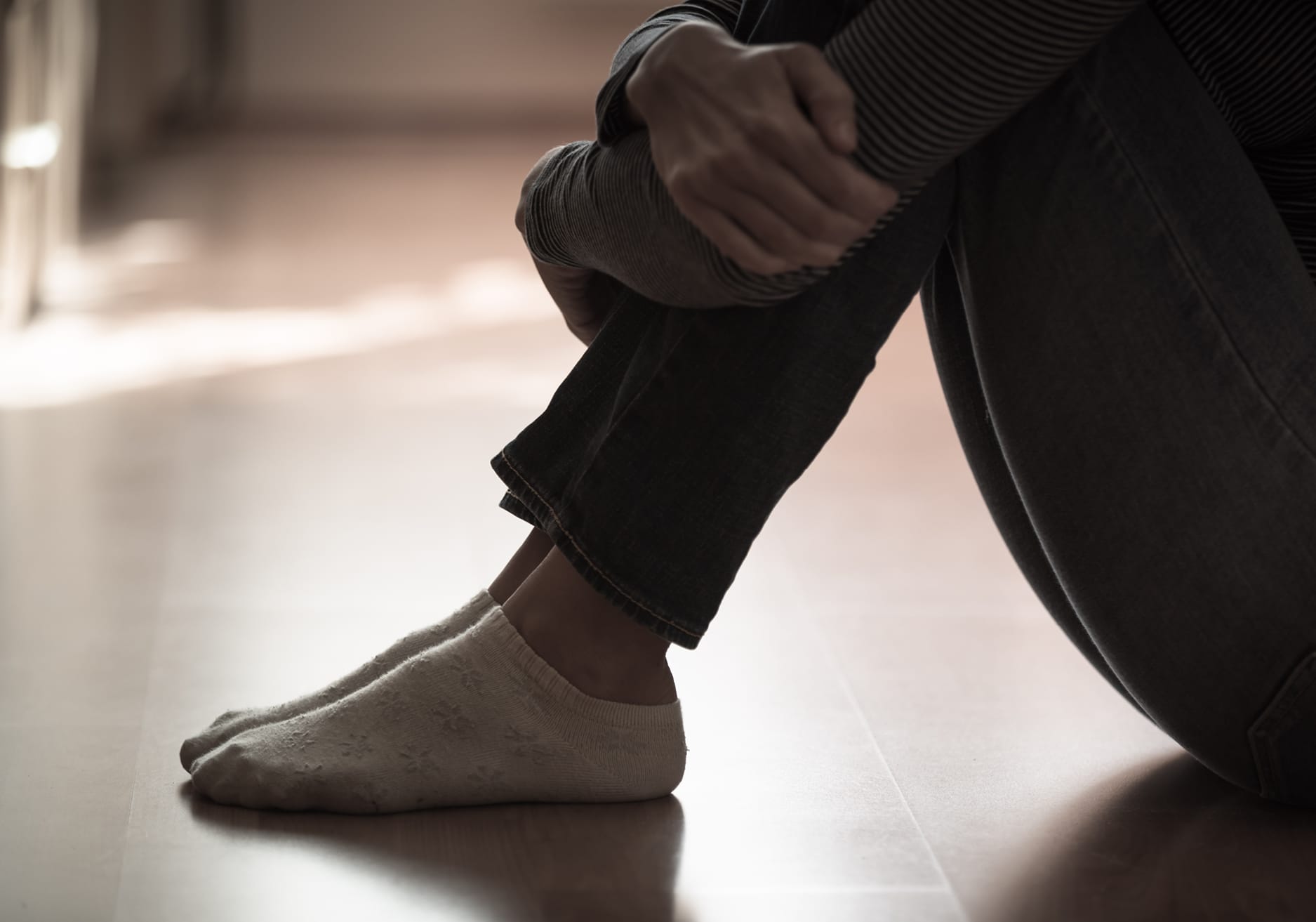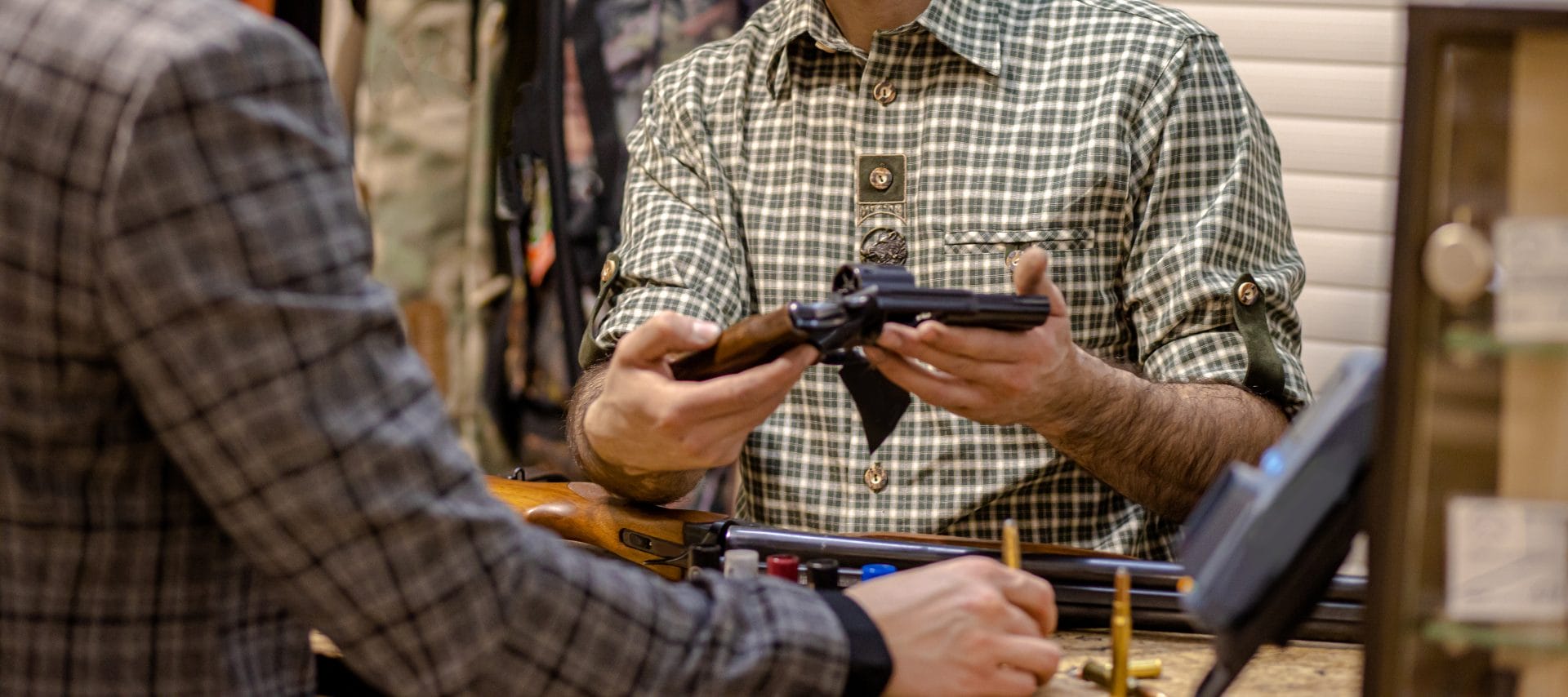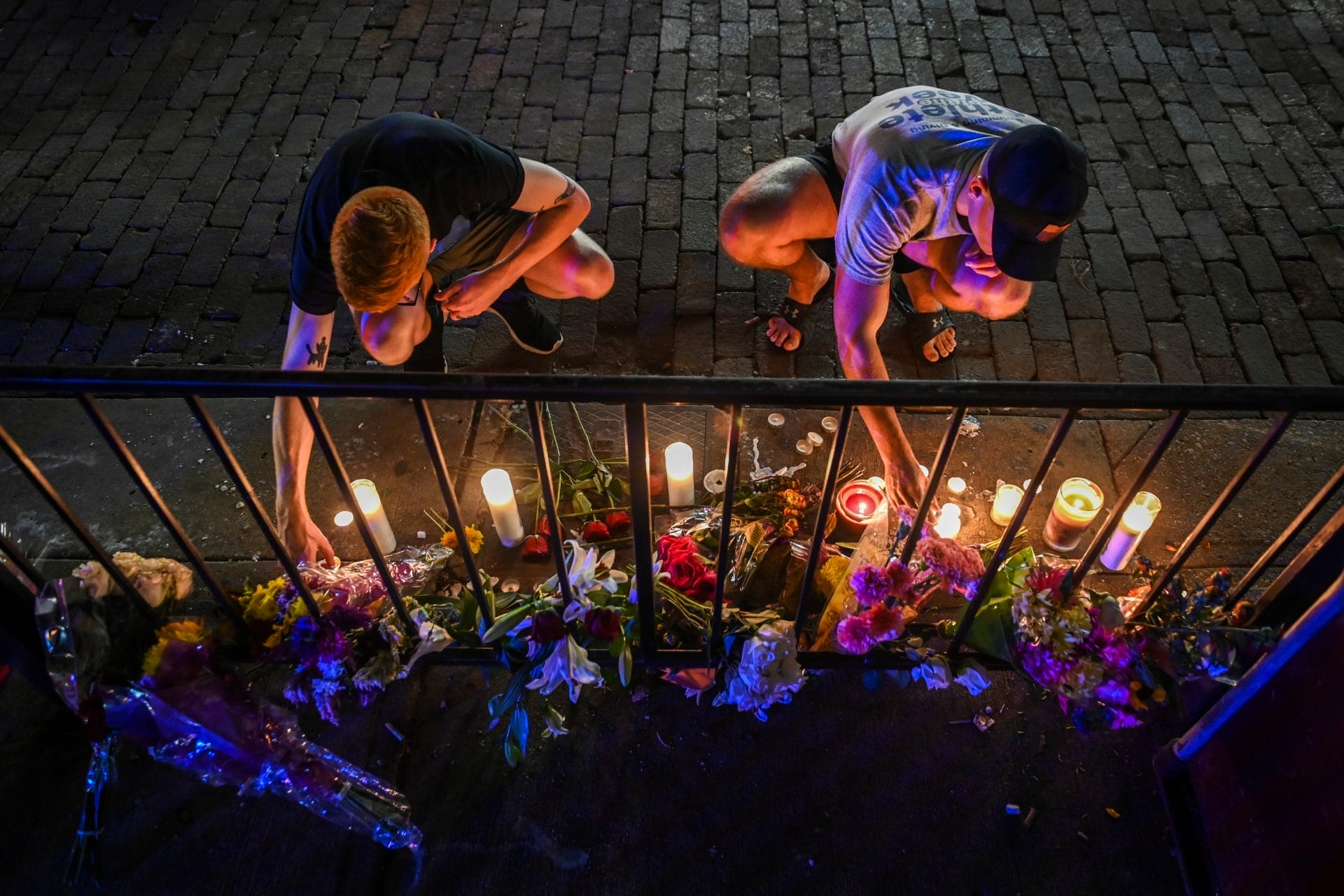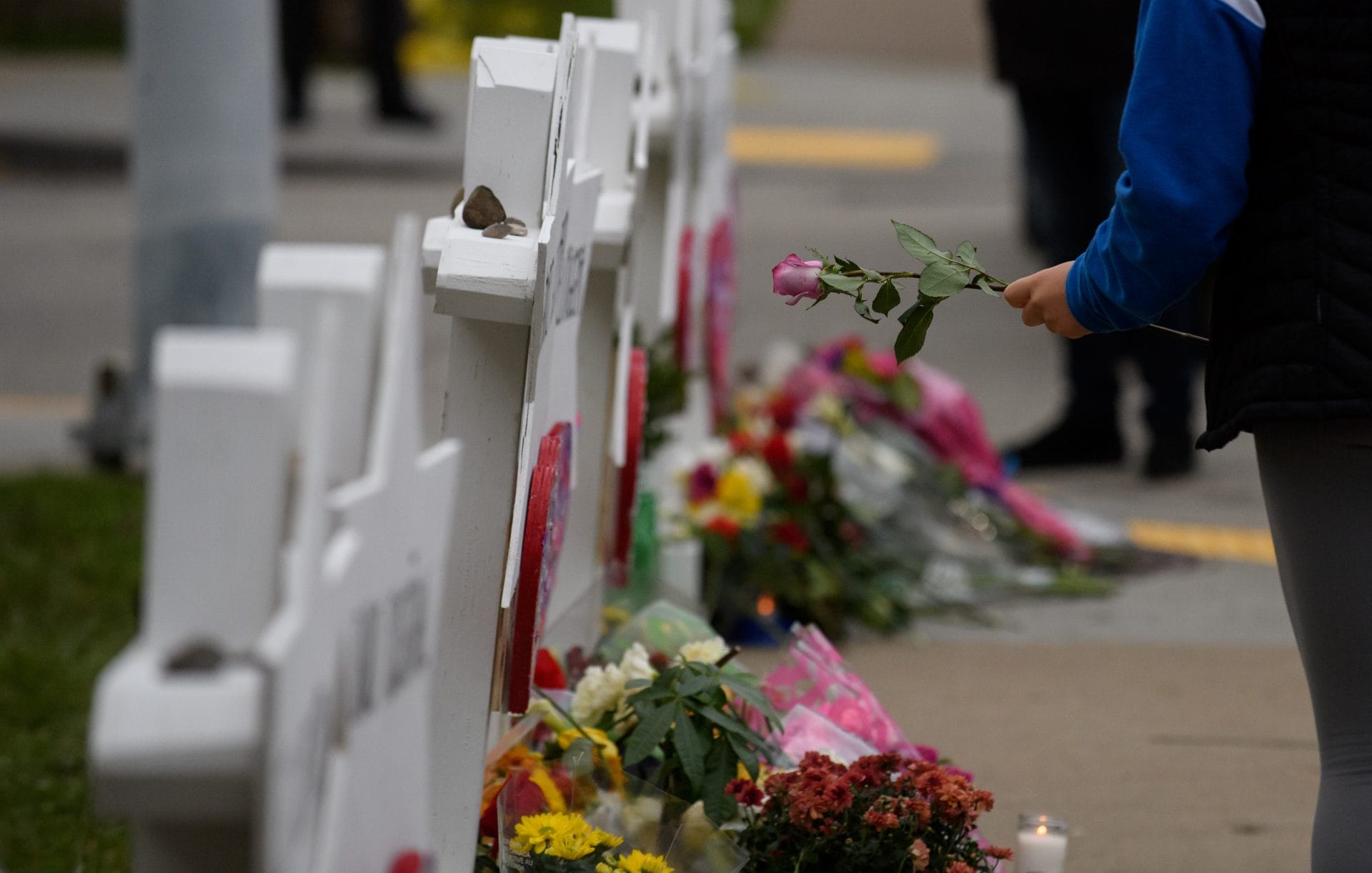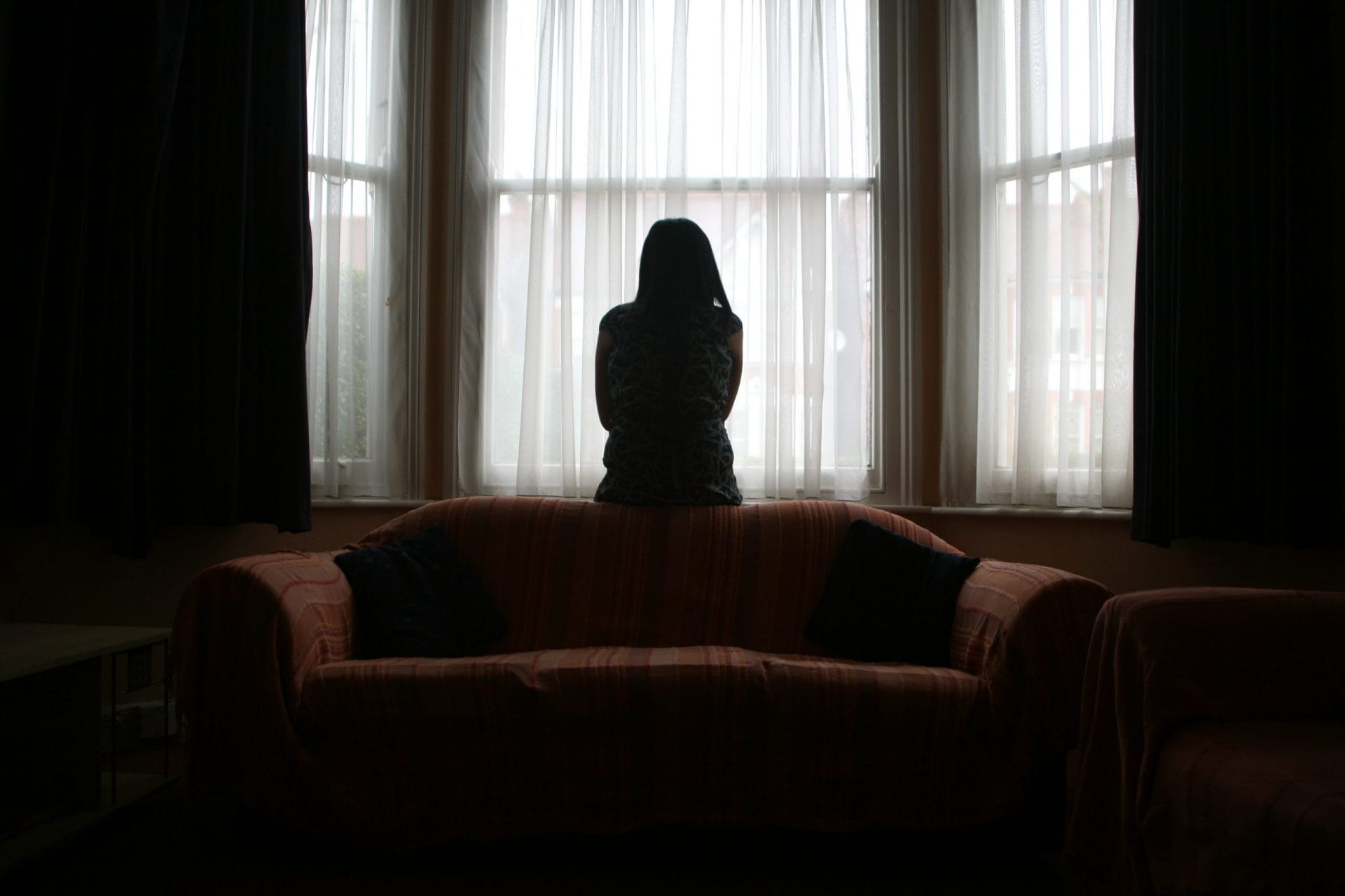
The combination of intimate partner violence and access to firearms is an especially deadly mix.
Domestic violence is a preventable public health crisis that impacts people of all backgrounds. It can include physical and emotional abuse, coercion, sexual assault, stalking, and threats.
The nexus of guns and domestic violence puts women at tremendous risk. Women in the United States are 21 times more likely to be killed with a gun than women in other high-income countries. We must act to close the dangerous loopholes in our federal laws that endanger our families and communities.
You are not alone: If you or a loved one are experiencing domestic violence, please call the National Domestic Violence Hotline: 1-800-799-7233 or access help through their chat at thehotline.org.
Why This Matters
Dani Robinson had been with the father of her children for six years when he shot her five times at point-blank range. Before the shooting, he had become increasingly territorial and had threatened to hurt her, noting that he could easily get a gun on the street. Immediately after those threats, she got a restraining order.
On December 23, 2002, Dani picked up her daughters, who were then two and four years old. When she arrived home, the girls’ father said hi to the children before physically lifting Dani up and trying to put her into a nearby van. When she started screaming, he shot her twice. She fell to the ground and he shot her three more times. Today he’s in prison—but someday he will get out, a fact that haunts Dani.
Dani lives with shrapnel in her lower back, which causes significant pain, and in her right thigh, which is numb to the touch. She suffers from severe PTSD. Loud sounds terrify her, and she is triggered by the smell of fire or smoke, which reminds her of the bullets burning her abdomen.
With support, Dani’s daughters excelled in school and today are very well-adapted, considering the heinous crime committed by their father. Dani wants people to hear how domestic violence begins and understand the red flags. Every time she shares her story, a few girls and women who come up to her and share their own experiences.
Dani’s ex should not have had access to firearms because of his previous history of violence and because the court had issued a restraining order against him. Safety planning and enforcement of firearms restrictions are critical to preventing tragedies like the one Dani and her children experienced.
GET THE FACTS
Gun violence is a complex problem, and while there’s no one-size-fits-all solution, we must act. Our reports bring you the latest cutting-edge research and analysis about strategies to end our country’s gun violence crisis at every level.
Learn More
The Problem
Every year, more than 600 American women are shot to death by intimate partners—roughly one every 14 hours. Unrestricted firearm access helps fuel domestic violence. An abuser’s access to a firearm poses a serious threat to victims, making it five times more likely that a woman will be killed. With its high rates of domestic violence-related gun violence, the United States is the most dangerous country in the developed world for women and guns.
Firearms are used to commit more than half of all intimate partner homicides in the United States. The death toll extends to mass shootings, many of which have some connection to domestic violence: in more than half of mass shootings, the shooter killed an intimate partner. One analysis found that nearly a third of mass shooters had a history of domestic violence.
Abusers’ access to guns has other serious consequences as well, including injuries and threats to victims. Nearly one million women alive today report being shot or shot at by an intimate partner. About 4.5 million women alive today report that an intimate partner threatened them using a gun.
Many states have yet to close the “boyfriend” and “stalker” loopholes that allow individuals convicted of certain domestic violence and stalking misdemeanors to continue to purchase and possess guns. This must change.
We know what needs to be done to prevent injury and death from firearms and domestic violence: enact policies that prevent abusers from having access to firearms, and then fully implement and enforce these policies.
THE FACTS
Source
Susan B. Sorenson and Rebecca A. Schut, “Nonfatal Gun Use in Intimate Partner Violence: A Systematic Review of the Literature,” Trauma, Violence, & Abuse 19, no. 4 (2018): 431–442.
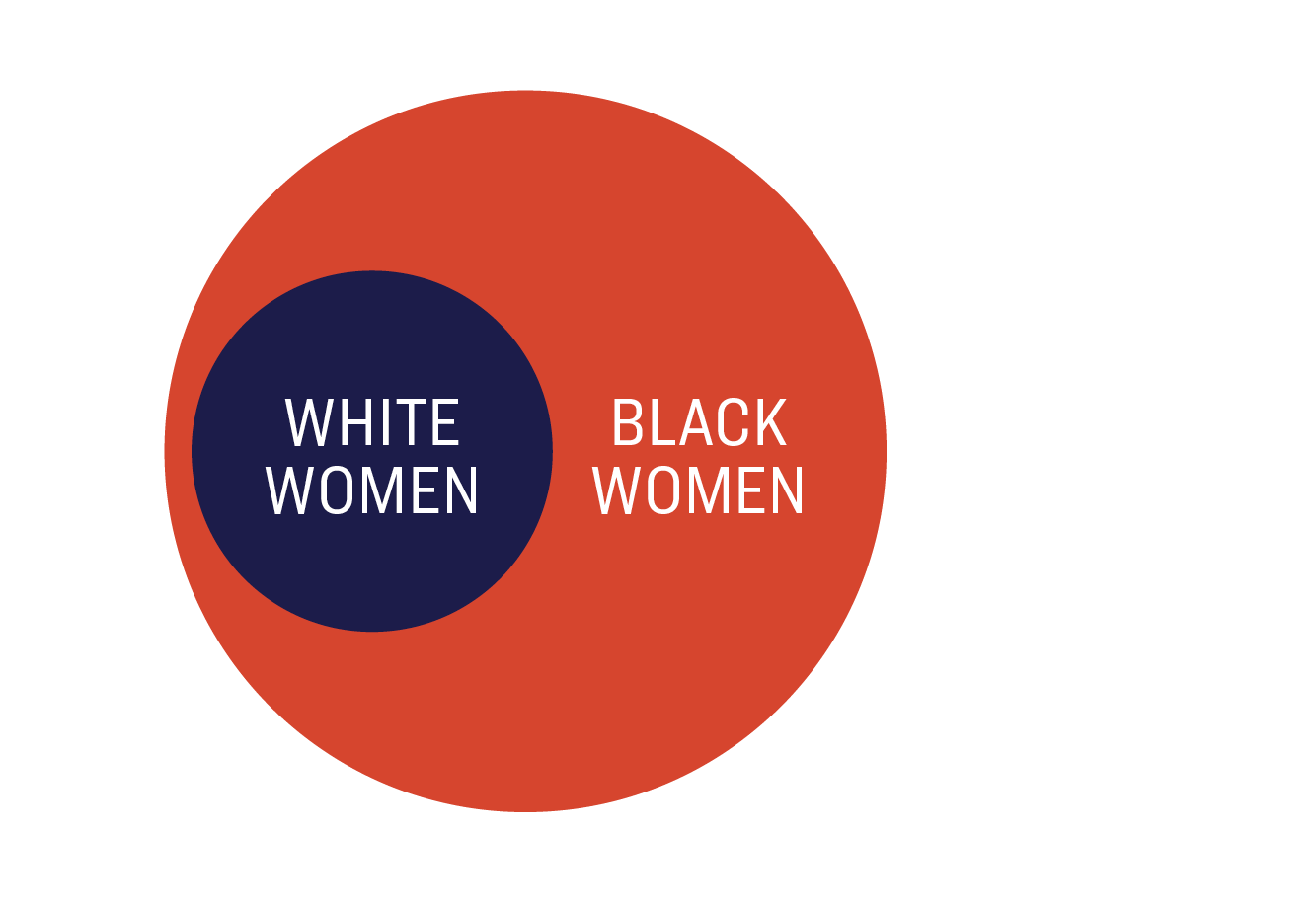
Racial disparities in domestic violence
Source
Federal Bureau of Investigation, Uniform Crime Reporting Program: Supplementary Homicide Reports (SHR), 2014–18.
Source
A. M. Zeoli, et al., “Analysis of the Strength of Legal Firearms Restrictions for Perpetrators of Domestic Violence and Their Associations With Intimate Partner Homicide,” American Journal of Epidemiology 187, no. 11 (2018): 2365–2371.
The Solution
Laws that comprehensively protect victims of domestic violence enjoy broad bipartisan support. Protecting the lives of vulnerable members of our society requires lawmakers to take steps to prevent those who use violence, abuse, or stalking to control and harm partners and family members from having easy access to guns. States that restrict gun access among individuals subject to domestic violence restraining orders have seen a 13% reduction in firearm intimate partner homicides.
More than half of all intimate partner homicides are committed by dating partners. Strengthening existing laws requires that we close the boyfriend loophole that allows abusive dating partners to access guns and the stalker loophole that allows people convicted of misdemeanor stalking crimes to access guns. The research is clear that taking these steps will save lives: one study found that 76% of women who were murdered and 85% who survived a murder attempt by an intimate partner were stalked in the preceding year.
Many communities are taking concrete steps to ensure that those newly prohibited from accessing guns surrender their firearms. Supporting community-based agencies conducting outreach to families and public health services that can provide access to counseling is also critical to helping individuals and families develop safety plans that decrease risk.
Timely and safe relinquishment of firearms is another essential component of effective domestic violence policy. We must ensure that individuals subject to a criminal conviction or domestic violence restraining order surrender their firearms immediately and are unable to purchase guns.
What Giffords Is Doing
Giffords researches and shares information about the intersection of firearms and domestic violence so that legal professionals, courts, advocates, violence prevention workers, health care providers, and the public understand the risks associated with firearms in domestic violence situations. We provide training for key stakeholders and facilitate convenings that bring community leaders and advocates together to identify resources and overcome challenges to create safer families and communities.
We advocate for state and federal gun safety policies designed to decrease risk for victims and survivors of domestic violence. We support legislation that improves civil domestic violence restraining and protective orders, enacts universal background checks, closes existing loopholes to restrict abusive partners’ access to firearms, and identifies and promotes safe and effective relinquishment policies.
In February 2020, after advocacy by Giffords and other allies, the House of Representatives passed a reauthorization bill for the Violence Against Women Act that would close the boyfriend loophole at the federal level. But Senate Republicans refuse to consider these lifesaving provisions. Senate Democrats, however, stood up to introduce their own bill that reflects the House’s priorities. We don’t have time for partisan games. With the lives of domestic violence survivors across the country on the line, every minute counts.
SUPPORT GIFFORDS
We’re in this together. To build a safer America—one where children and parents in every neighborhood can learn, play, work, and worship without fear of gun violence—we need you standing beside us in this fight.

